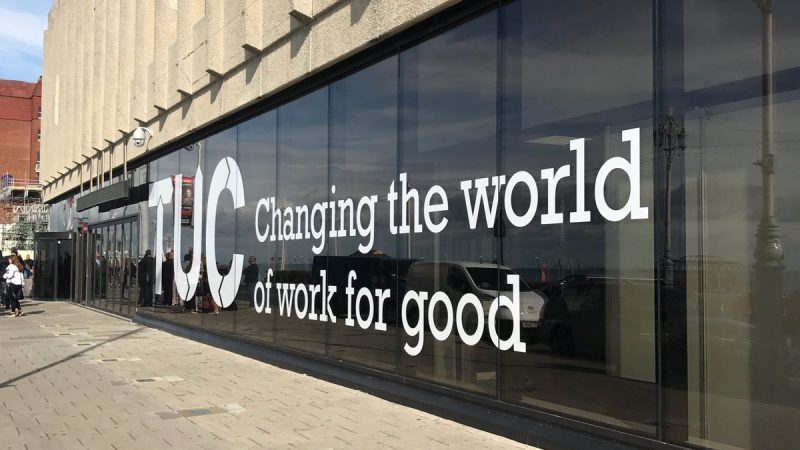
The TUC and legal experts have warned that there are “huge gaps” in the law over the use of artificial intelligence at work and called on the government, tech companies and employers to back legal reforms for its “fair and transparent” use.
The intervention from the trade union federation follows the publication of a report, commissioned by the organisation and carried out by employment rights lawyers Robin Allen QC and Dee Masters from the AI Law Consultancy, today.
The paper concluded that unless new legal protections are urgently secured, workers will become increasingly vulnerable and powerless to challenge “inhuman” forms of AI performance management. The legal reforms proposed by the TUC are:
- “A legal duty on employers to consult trade unions on the use of ‘high-risk’ and intrusive forms of AI in the workplace;
- “A legal right for all workers to have a human review of decisions made by AI systems so they can challenge decisions that are unfair and discriminatory;
- “Amendments to the UK general data protection regulation (UK GDPR) and Equality Act to guard against discriminatory algorithms; and
- “A legal right to ‘switch off’ from work so workers can create ‘communication-free’ time in their lives.”
The 115-page document warned that the use of AI has been accelerated since the start of the coronavirus pandemic last year with AI-powered technologies making “high-risk, life changing” decisions about the lives of employees.
The report identified some of the decisions made, including selecting candidates for interview, providing day-to-day line management, awarding performance ratings, making shift allocation and deciding who is disciplined or made redundant.
Risk to gig economy workers is especially high. The report highlighted the recent example of BAME Uber Eats couriers, who reported that they were fired because the company’s facial identification software could not recognise their faces.
The trade union federation has argued that, without recourse to a review of decisions by a human, workers within companies utilising AI technology could be hired and fired entirely by algorithm.
Alongside the report, the TUC has also published its manifesto for the fair and transparent use of AI in the workplace, to ensure that workers can “share in the gains of tech and not be robbed of their dignity at work”.
“This is a fork in the road,” France O’Grady said. “AI at work could be used to improve productivity and working lives. But it is already being used to make life-changing decisions about people at work – like who gets hired and fired.
“Without fair rules, the use of AI at work could lead to widespread discrimination and unfair treatment – especially for those in insecure work and the gig economy,” the general secretary added.
“Every worker must have the right to have AI decisions reviewed by a human manager. And workplace AI must be harnessed for good – not to set punishing targets and rob workers of their dignity.”
The TUC also warned about the lack of transparency surrounding the use of AI, with many staff left in the dark over how the technology is being used by their employer to make decisions that directly affect them.
Research from the organisation last year found that fewer than one in three workers are consulted on the introduction of new technology, and 60% feel that without regulation the use of AI could increase unfair treatment in the workplace.
Commenting on the intervention from the TUC, report authors and employment rights lawyers Allen and Masters said: “The TUC is right to call for urgent legislative changes to ensure that workers and companies can both enjoy the benefits of AI.
“Used properly, AI can change the world of work for good. Used in the wrong way it can be exceptionally dangerous. There are currently huge gaps in British law when it comes to regulating AI at work.
“They must be plugged quickly to stop workers from being discriminated against and mistreated. Already important decisions are being made by machines.
“Accountability, transparency and accuracy need to be guaranteed by the legal system through the carefully crafted legal reforms we propose. There are clear red lines, which must not be crossed if work is not to become dehumanised.”




More from LabourList
‘SEND reforms are a crucial test of the opportunity mission’
Delivering in Government: your weekly round up of good news Labour stories
Labour place third in Gorton and Denton by-election as Greens gain seat